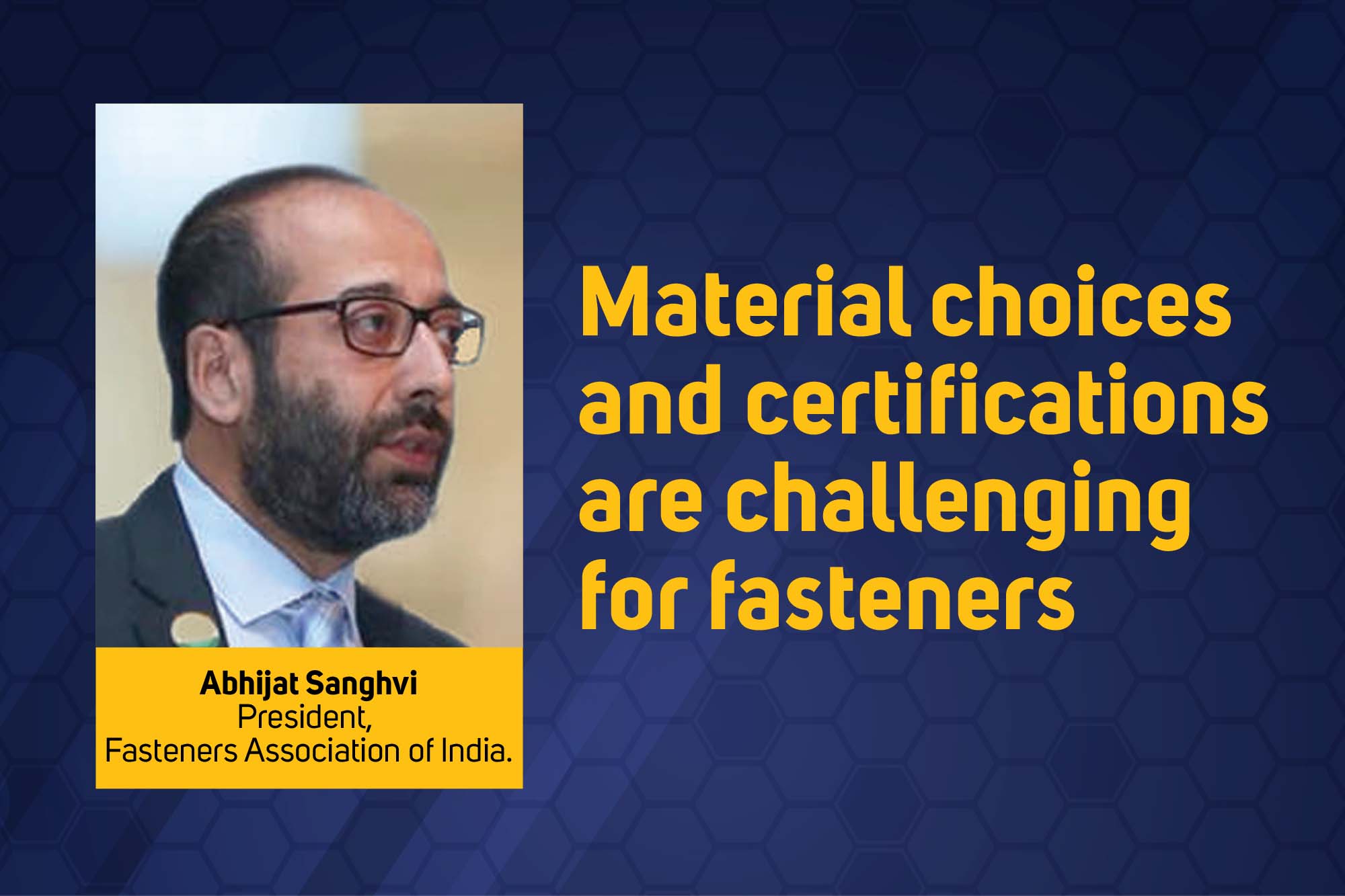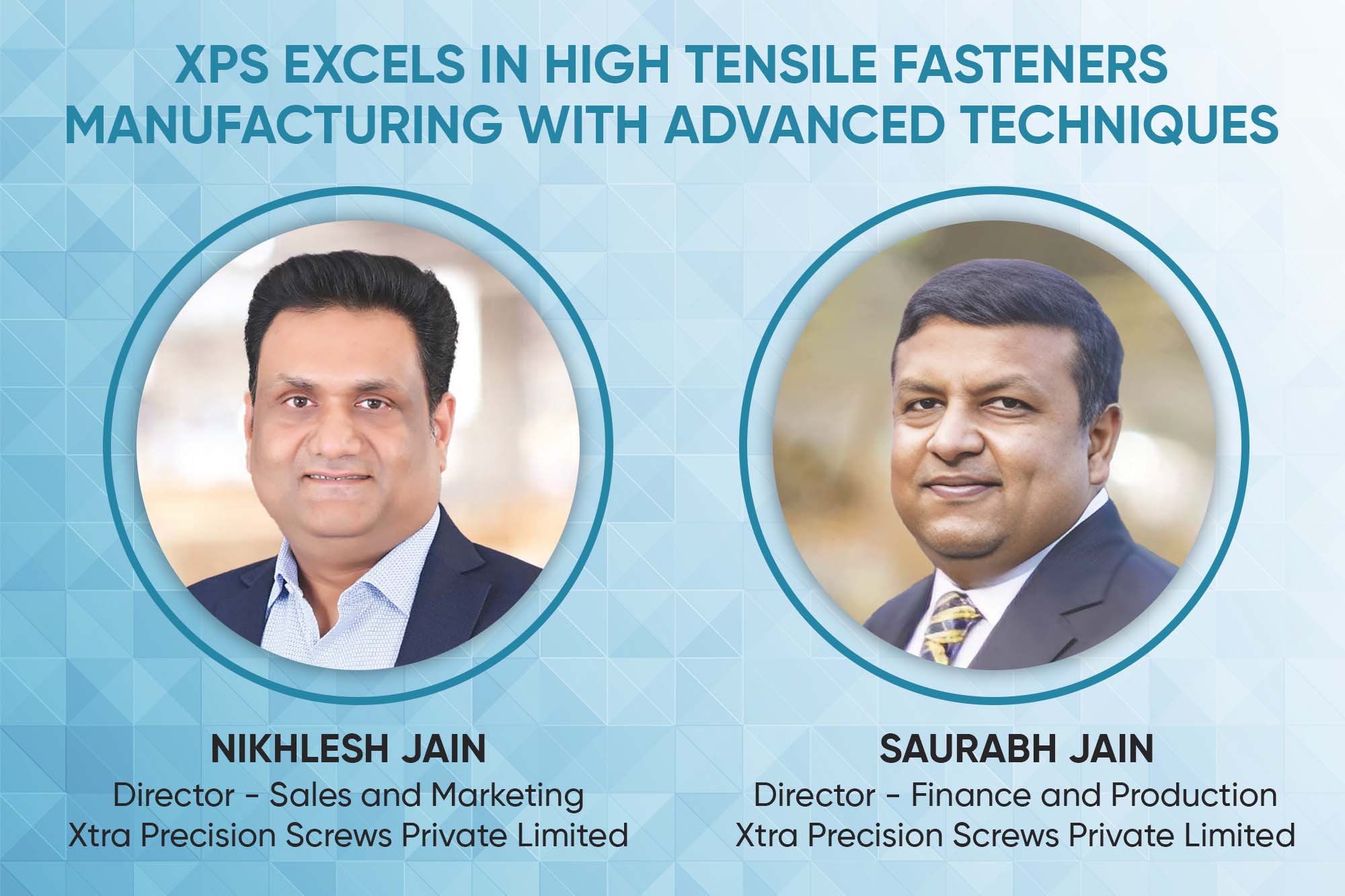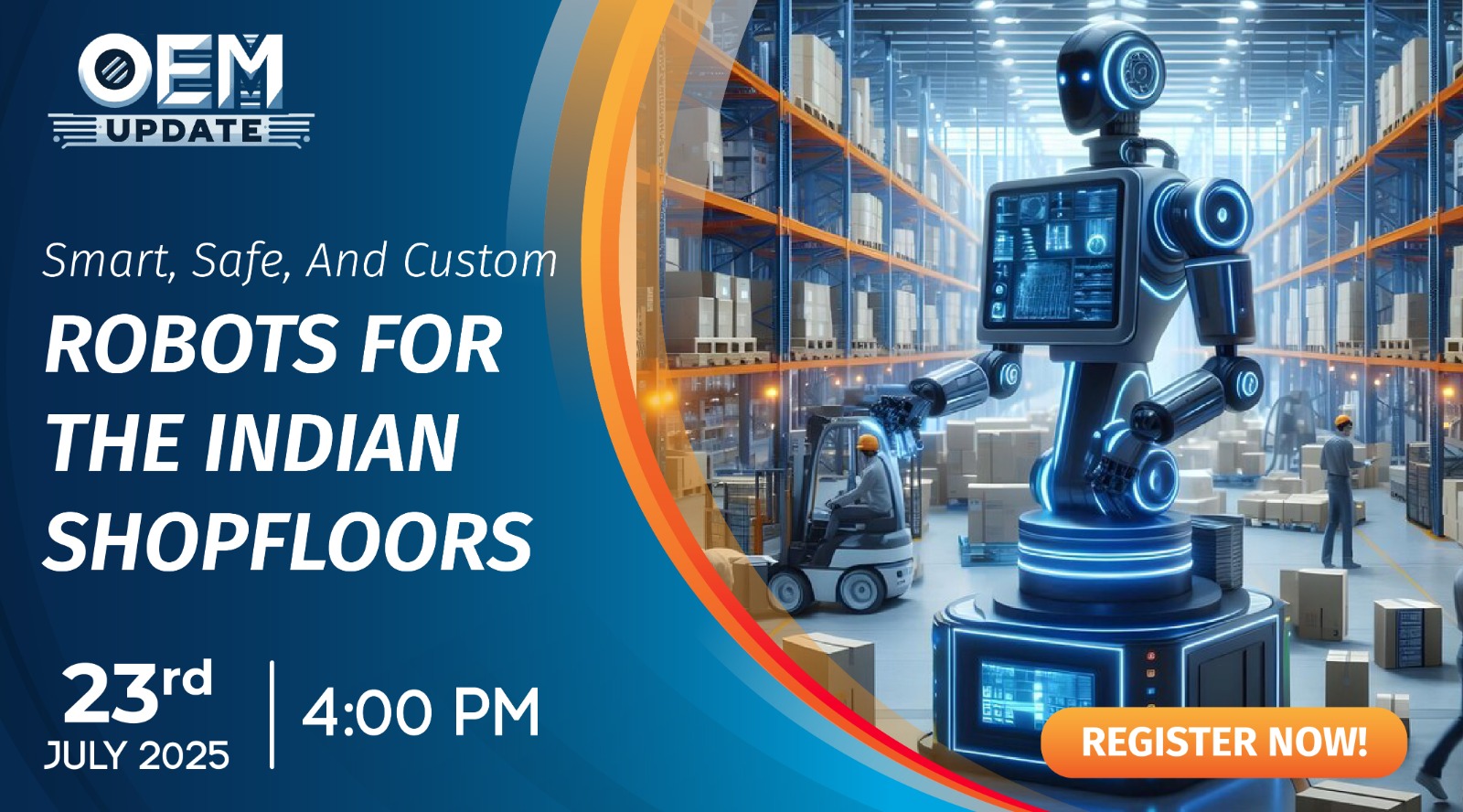Material choices and certifications are challenging for fasteners
By OEM Update Editorial December 29, 2023 7:37 pm IST
Understanding the materials used and the influence of industry standards on fasteners, Abhijat Sanghvi, President of the Fasteners Association of India, discusses the implications of mandatory BIS Certification for the Indian Fastener Industry.
What common materials are used in manufacturing fasteners, and how does the choice of material affect their performance and durability?
Most fasteners, about 90 percent, are produced from either low or medium-carbon steel as well as stainless steel grades. Like mild steel, low-carbon steel suits less critical applications where strength is not a primary concern. For, e.g., screws in a glove box of a vehicle. However, for crucial components like wheel bolts, high-quality medium carbon steel (like 12.9 grade) with specific hardness post-heat treatment and necessary tensile strength is essential.
Stainless steel fasteners are preferred when preventing corrosion is crucial. Exposure to salt and water accelerates rusting, making stainless steel a premium choice among users, even if it is more expensive. Bronze finds its use in aquatic environments, offering corrosion resistance. Brass, akin to bronze in its anti-corrosion and electrical conductivity, has lower tensile strength and is more common in the electrical industry.
Can you discuss industry standards that fastener manufacturers and users must adhere to to ensure fastener application quality and safety?
While fasteners, especially bolts & nuts, have existed for hundreds of centuries, the process of standardisation of fasteners began in 1841 by Joseph Whitworth. Germany commenced using the DIN threads in 1919, and in 1948, Britain, the USA and Canada agreed on the Unified thread as the standard for all countries that used imperial measurements. Numerous global standards emerged, often drawing from these foundational standards as their sources. The Indian Standards are executed by the Bureau of Indian Standards (BIS) with the ISO standards as the source. These standards are vital in maintaining quality related to material and dimensions. These are conceptualised with the safety of the applications kept in mind.
The primary goal behind the Quality Control Order mandating BIS Certification for specified Fastener manufacturers was to prevent the continued influx of standardised fasteners from China. While the certification aimed to elevate quality standards, particularly among MSMEs, the procedure has unfortunately evolved into an expensive and burdensome process.
Primarily, the costs for certification & approval of each part grade, length (min, intermediary & max) and coating are exorbitant. There is another cost charged per MT of annual production & lastly, laboratory test equipment stated to be mandatory in-house will have to be procured by a major part of the industry. In the Indian Fastener Industry, over 90 percent of the manufacturers are MSMEs & fasteners are low-cost consumables with thousands of manufacturers, especially for standardised parts and low-margin products. Most of the MSMEs do lab testing outside at NABL laboratories, and investing huge sums for testing equipment in-house is simply unviable. The margins cannot simply bear these costs.
The top leadership within the DPIIT and BIS must initiate discussions with the Fastener Industry to comprehend our constraints and challenges. Collaboratively, simplifying and cost-effectively implementing certification is crucial while ensuring the entry barrier for overseas suppliers wishing to dump material takes work. This approach, a mutually beneficial scenario, creates a win-win situation, thereby providing the industry with the necessary quality standards and financial boost it requires
Cookie Consent
We use cookies to personalize your experience. By continuing to visit this website you agree to our Terms & Conditions, Privacy Policy and Cookie Policy.








